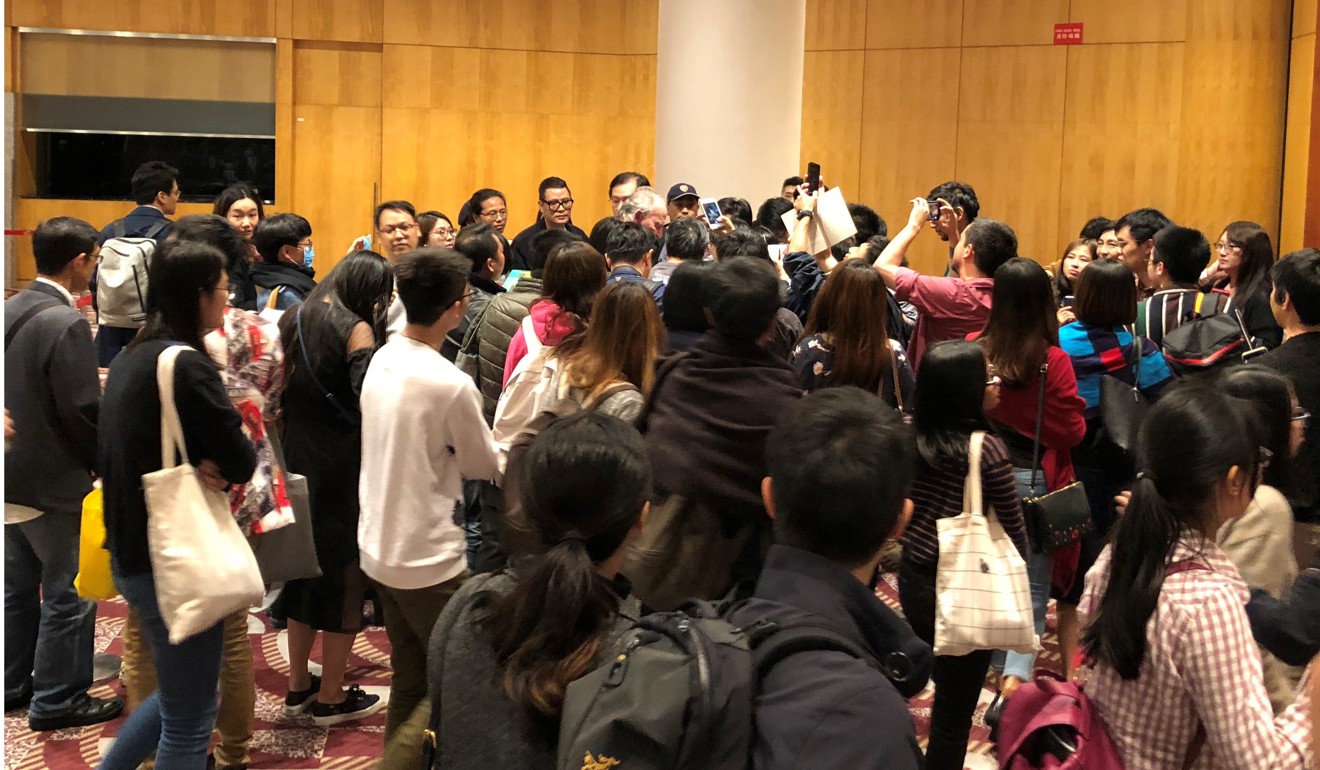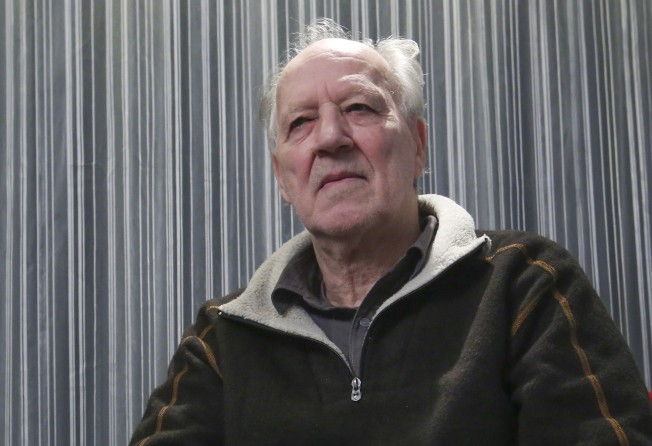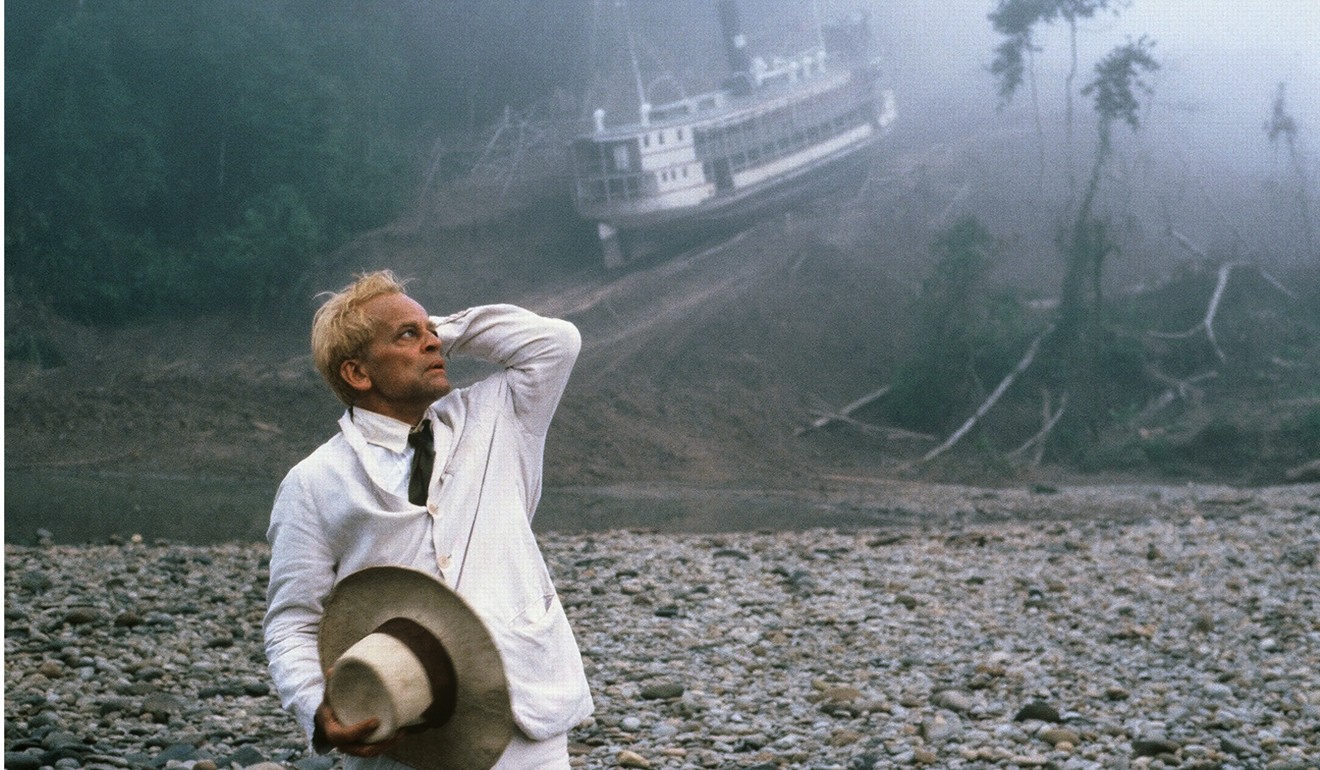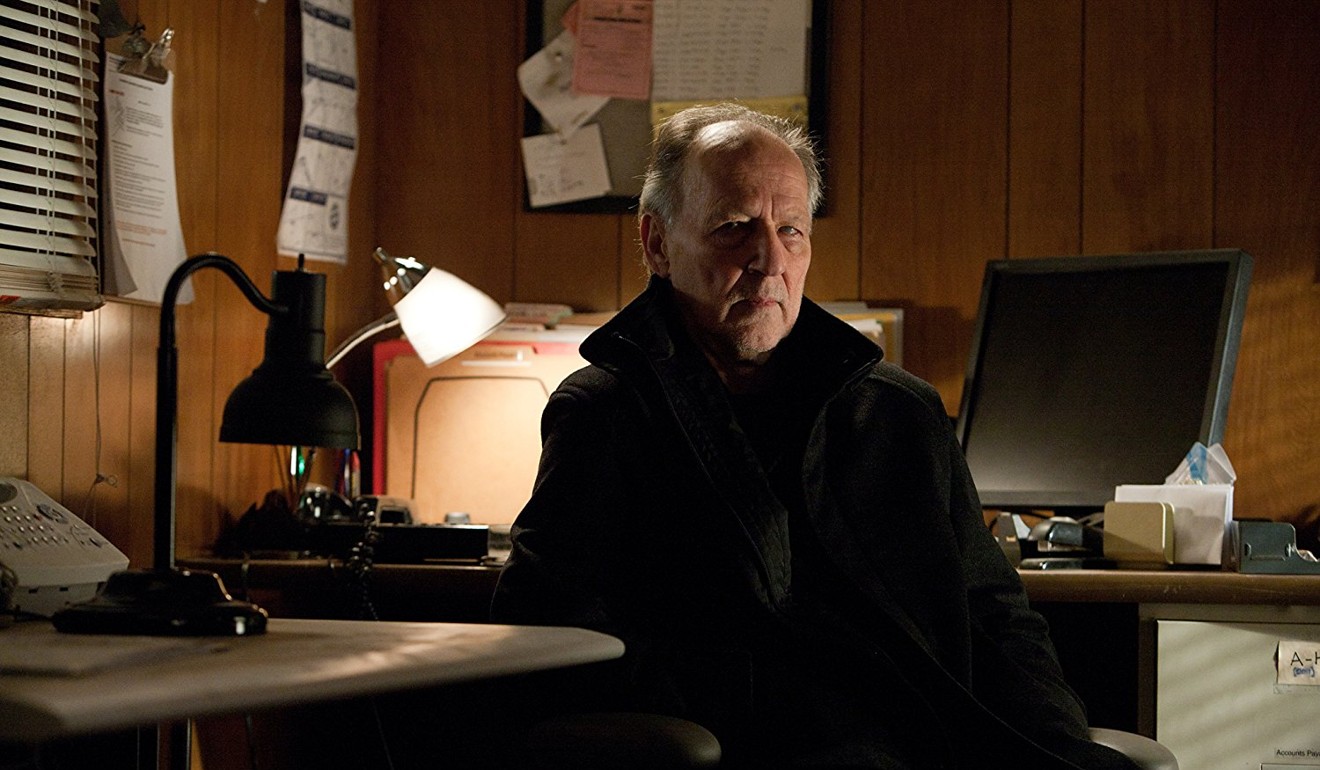
Werner Herzog, in town for Hong Kong film festival, talks filmmaking, fish markets and why he is OK with being the bad guy
We sit down with prolific German filmmaker Werner Herzog to discuss his life, legend and legacy – and why he rarely turns on his mobile phone – during his visit to this year’s Hong Kong International Film Festival

At the age of 75, Werner Herzog has braved enough hazardous film shoots and ventured to so many far-flung places that it might be hard to picture him doing something new. But last week, the legendary German filmmaker of such classics as Aguirre, Wrath of God (1972) and Grizzly Man (2005) did finally get to experience Hong Kong for the very first time.
Herzog talks to the Post in an interview during the Hong Kong International Film Festival, which is honouring him with a retrospective of his films.
Have you visited Hong Kong before?
I’d say no, but I have to correct myself. I have been here once, for 20 hours, but in transit mostly; I spent a night in a hotel. So technically I have been here, but I have not really been here. My soul hasn’t been in Hong Kong.
Judging by some of the very unusual places that you have gone to for your filmmaking, I have a feeling Hong Kong might be too safe or uneventful for your liking
No, I don’t agree with you. Because it’s a most exciting, most vibrant city. It’s just phenomenal. And the first thing I did [is] to go to the fish market. I wanted to see the real life that tourists normally do not see.

I saw that you were surrounded by a big crowd of admirers after your “Master Class” session at the film festival [on March 20]. How do you feel about that?
I have the feeling, like what you observed, that I have a huge amount of young people who try to find answers to their questions, to their problems, to their doubts, to their obstacles – many of them focus on me, probably because I have a long track record of a decent way to tackle the problem of filmmaking. So it has become a huge avalanche of mostly young people. And I try to give a more systematic answer.
One of the things that have most impressed people is the fact you seem to be very willing to put yourself in dangerous positions for your films. In the recent documentary Into the Inferno , for instance, we see you chatting leisurely right in front of a volcano
Yes, you shouldn’t focus on [the danger]. That’s irrelevant. You better look at the calibre of the film: is there a good story? A good film? Whether it is dangerous or not is unimportant.
But it’s precisely this attitude of yours that has fascinated so many people
Yes. You see the moment in Into the Inferno, where next to me and Clive Oppenheimer the vulcanologist, that there’s an explosion. And I’m barely distracted by it.
Are you aware that you’re creating a legend of yourself when you behave that way?
No, that is not my problem. It’s a problem of the media. I’m not out there to make a legend of me. I’m out there to make films. And I wish attention would be only on my films, but that’s impossible. Of course, I have made films under unusual circumstances, and I have done things that a filmmaker normally doesn’t do, like moving a big ship over a mountain in the jungle [for 1982’s Fitzcarraldo]. That’s unusual, but it’s made [that way because] it’s an essential metaphor in a movie, so you better look at the movie.

You’ve said in many interviews and publicly that you don’t have a mobile phone
[Laughs] So what?
I wonder if that might hinder your understanding of the contemporary human experience that you set out to document?
I do [understand]. Conceptually, I understand quite well … And actually, I do have a mobile phone. Technically speaking, I have one. But it’s always switched off. And I only use it as a telephone for emergencies.
It’s an irony that you made a popular film on texting and driving [2013’s From One Second to the Next ] despite not really using a mobile phone. And you’ve made a film about the internet [2016’s Lo and Behold, Reveries of the Connected World ] despite seldom going online
But I use the internet for emails – that’s how I connect, more than through any other forms. Still, I experience the world not through applications on my mobile phone, I experience it by going to the fish market and being there on foot and with people. I experience conceptual things by reading a lot.
I understand that you’re making a documentary feature on Mikhail Gorbachev
I’m in the middle of it. I filmed with Gorbachev twice already at the end of last year. And I was supposed to be in Moscow two weeks ago, but he was not in good health, so he asked me to come a little bit late … I think in something like three weeks, I will be in Moscow [again]. He wants me back … He’s a very unique personality. The depth of his personality is always striking.
It’s likely a matter of time before someone gets to make a feature film about your life as well
I wouldn’t allow it. No. It puts too much emphasis on the person and not on the films.
How do you feel about your film legacy then?
My legacy is something that I would be very cautious about. I must say I never care about posterity. However, my brother, who is here with me, he convinced me that the films do not belong only to me. It should be [the] possession of everyone. Because of that, I have started a non-profit foundation, [for which] all my films are put together … In fact, I do not own my films any more.
Can you remember every film that you’ve made?
Some of them have almost disappeared from my memories. It’s strange, yes. And you do not remember every single girlfriend you had when you were 18.
Would it feel OK if you’re known to most American audiences only as the bad guy in [the 2012 Tom Cruise vehicle] Jack Reacher ?
Why not? OK.

So you’re happy enough with that acting role?
Well, I have to say that I’m sceptical about the word “legacy”, that’s one thing. And the second, Jack Reacher – you see, I love everything that has to do with cinema. That means writing a screenplay, or directing, or editing, or acting – I love it all. What I did is good stuff. I had to be scary, and I really am scary [in that role]. And I was paid well for it. So it can’t get any better.
Nine of Herzog’s films – including Fitzcarraldo, Grizzly Man and the Oscar-nominated Encounters at the End of the World – will be screened as part of Cine Fan’s April and May programme. For details, visit cinefan.com.hk
Want more articles such as this? Follow SCMP Film on Facebook